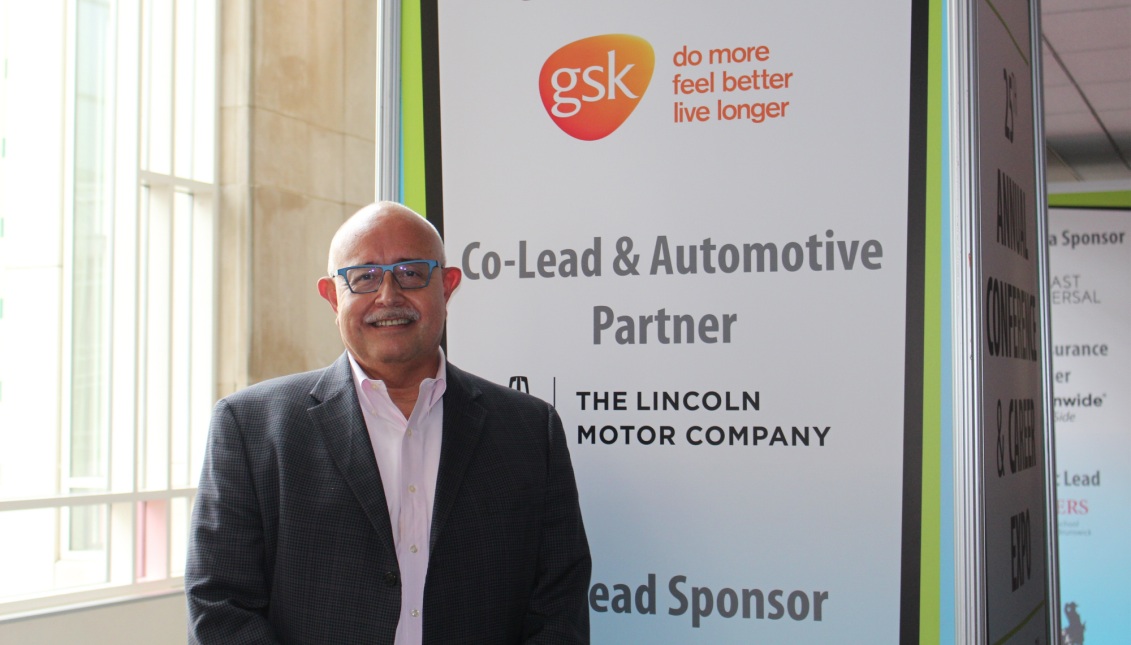
Hunting for Latino talent
Interview with Mexican-American Tomás Leal, director of Global Inclusion and Diversity at GlaxoSmithKline.
In the 18 years Tomás Leal has worked in corporate human resources he has focused on organizational development, and specifically, in diversity and inclusion.
His career has taken him to Europe, the Middle East, Africa, Asia and Latin America. When he says he has a global perspective, he’s not joking.
“From working in a oil company, to manufacturing to Microsoft, it has been a very interesting challenge to see how diversity is defined in different parts of the world,” Leal said. Currently the director of Global Inclusion and Diversity at GlaxoSmithKline, one of his main concerns is finding talent.
“We participated in the National Society of Hispanic MBAs (NSHMBA) conference as part of our strategy for inclusion with a very specific focus on Latino and Latina talent,” Leal said. “The first thing we look at are qualifications. We are a health care organization and some of our positions are really focus on STEM areas.”
He said that when it comes to candidates, they are looking for people who can build relationships and have a good presence. Philadelphia is a critical community because the company has a strong presence in the Delaware Valley.
“We ask people what have they done in their education or former employment to drive change,” he said. “Community is very important for us as a company, so if you bring community experience that is a very big plus that shows that you can build relationships.”
What is the biggest challenge in scouting for Latino talent? The competition for candidates.
“I think sometimes it is sheer numbers. We recently heard from the CEO of NSHMBA, Manny Gonzalez, that of the eight million Latino undergraduates who are in college, only 5,000 go on to MBA programs,” Leal said. “With those numbers the competition for top talent is very strong, so as a company we also need to show up strong to bring them in."
With such demand, Leal said, Latinos should be very interested in both STEM- and MBA-oriented careers. In his own experience, what is sorely missing for Latinos are role models.
“I was privileged in that sense because I was pushed and supported by both Latino and Anglo role models. I had great teachers that really helped me,’’ Leal said.
The other thing that made a strong impact was his family’s emphasis on education. “My father had an eighth grade education and my mother finished high school. (My father’s) goal was that his children would finished college,” Leal said.
“He used to say to me, ‘I can’t leave you wealth, the only wealth I can leave you is an education.’”
Born in Brownsville, in Texas, Leal said his family has been in the area for generations even before it became American soil.
“When I talk to Latino students I have very strong messages from my family about education, values and connecting to the community: Never forget where they come from. And really stay true to their core values,” he said.




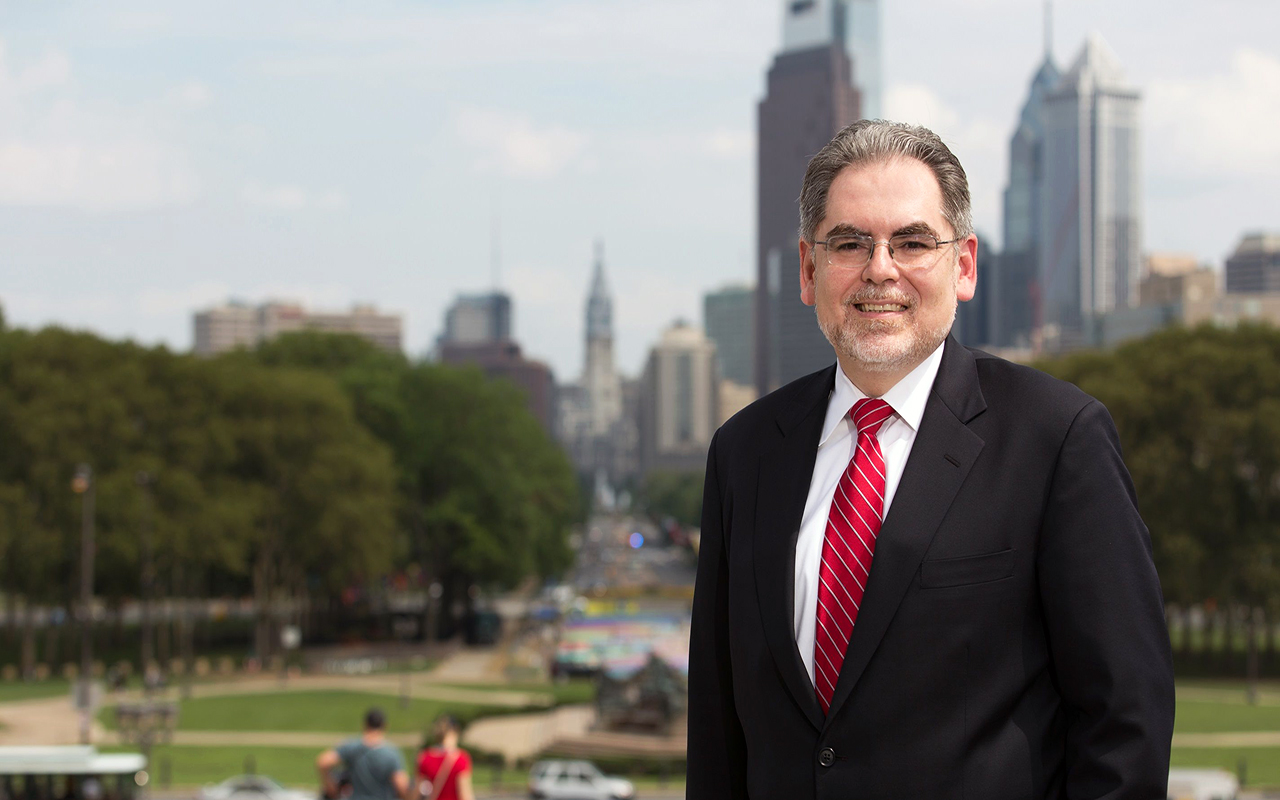
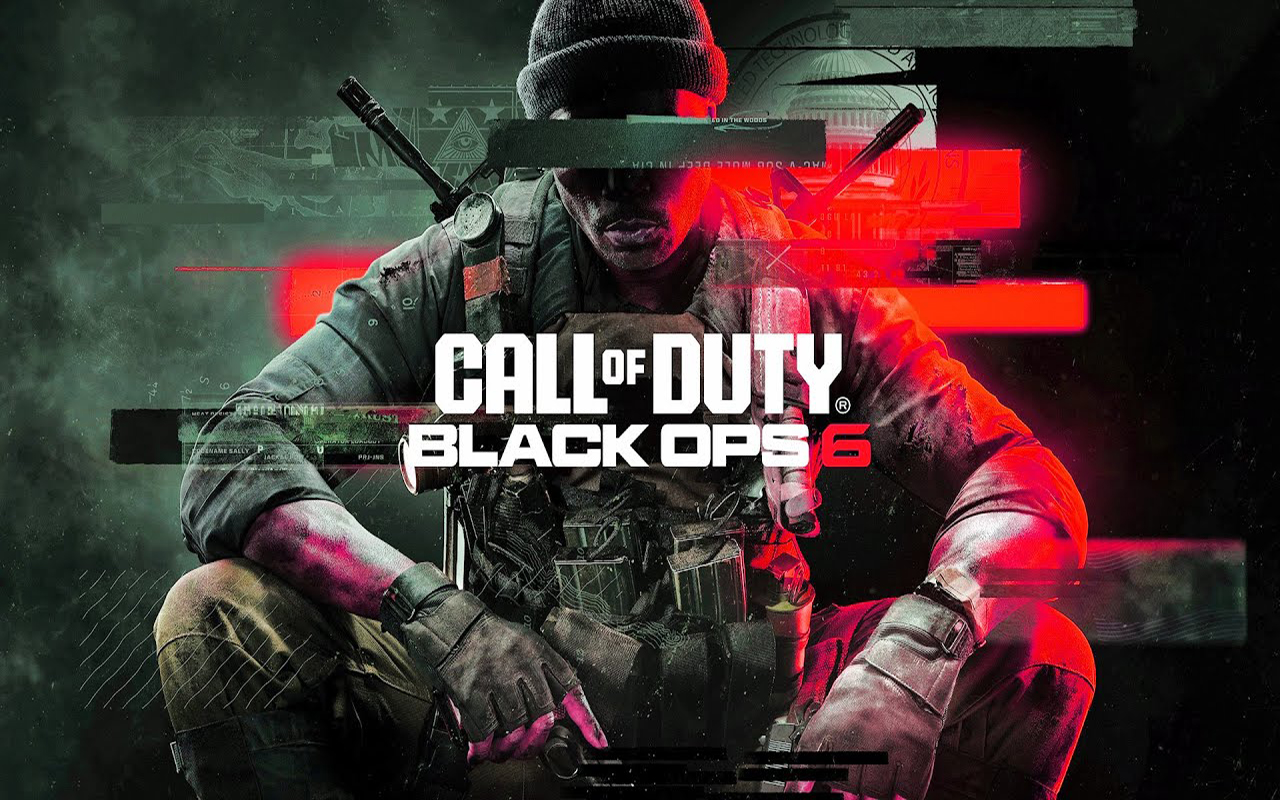

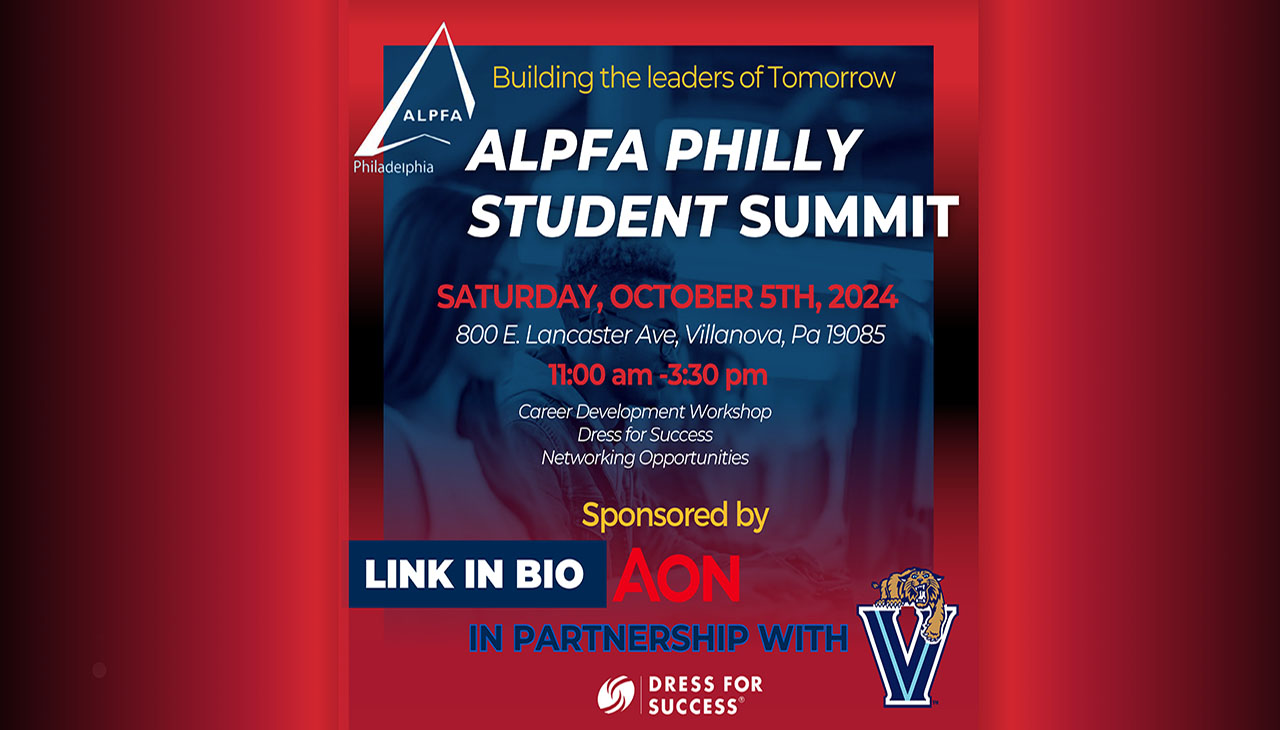
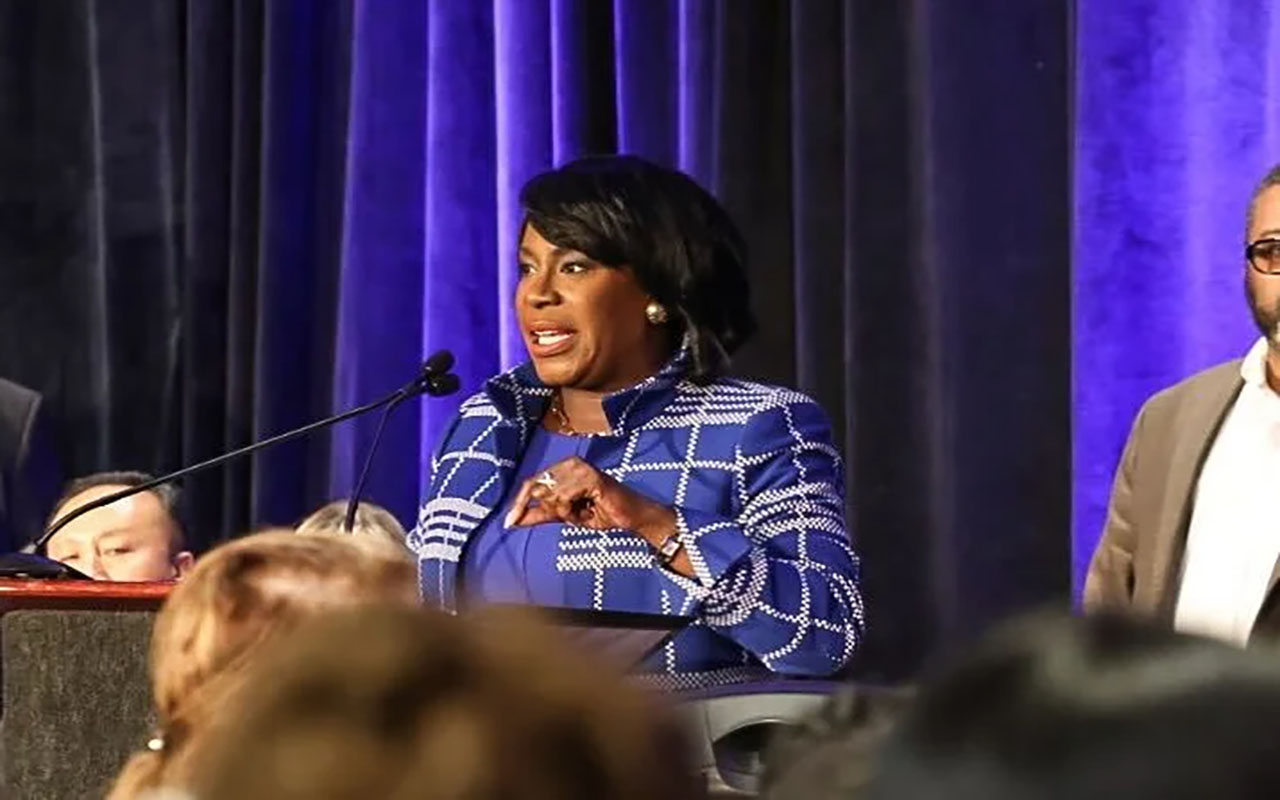
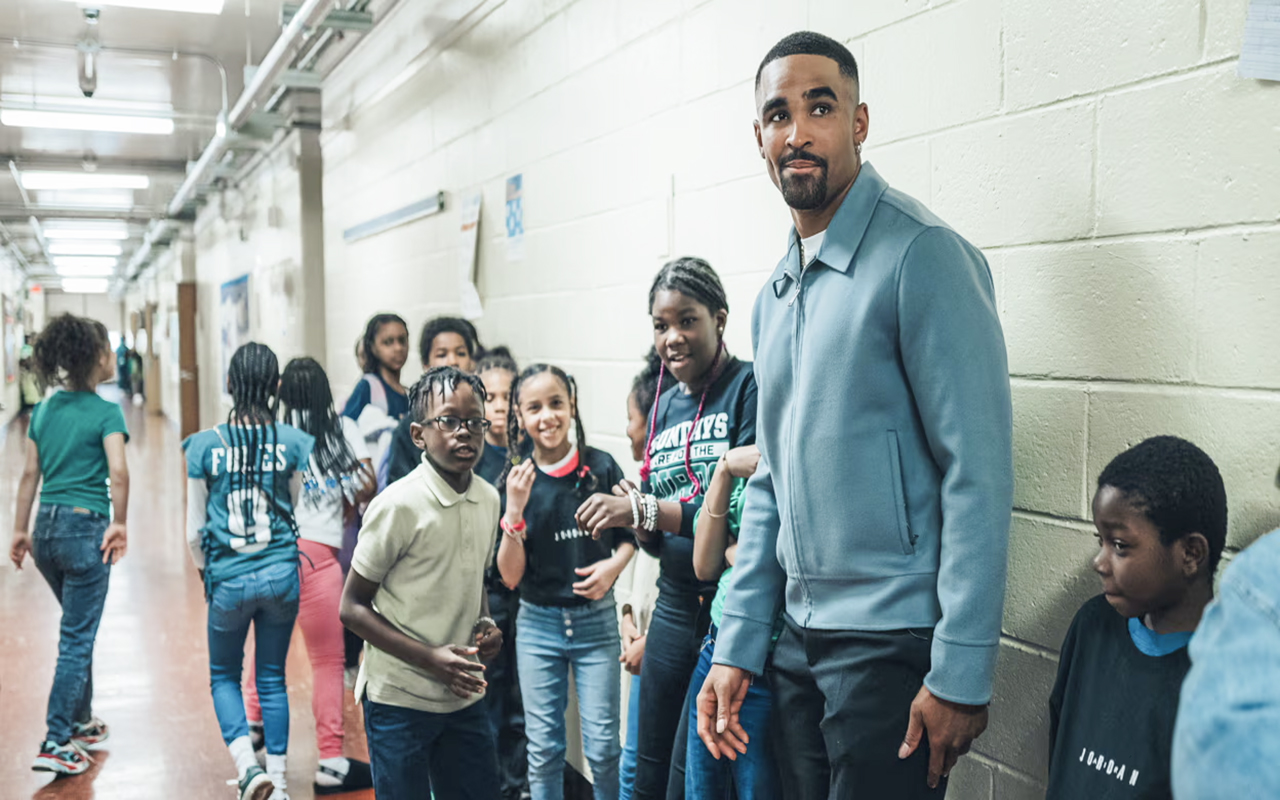
LEAVE A COMMENT:
Join the discussion! Leave a comment.